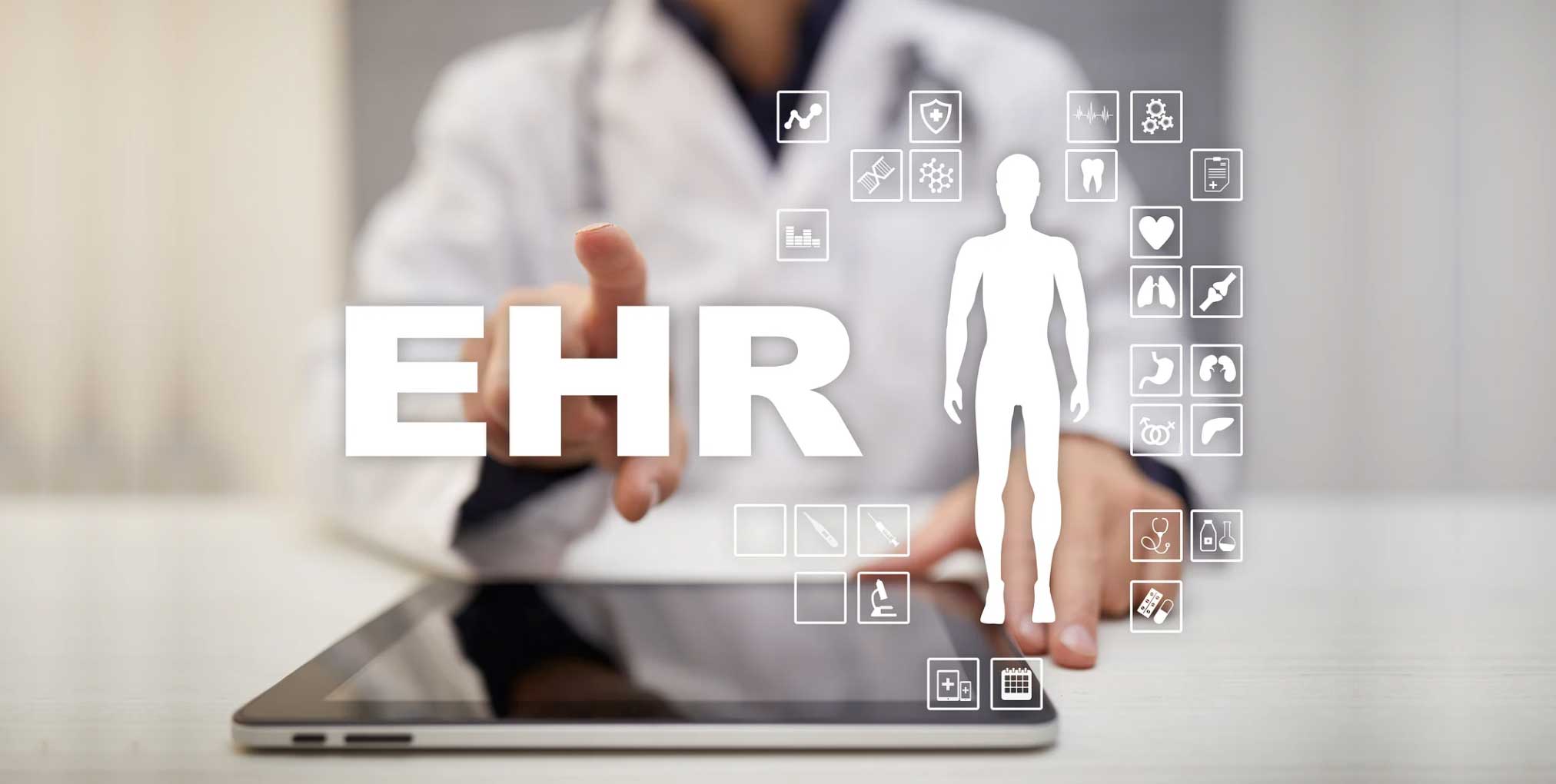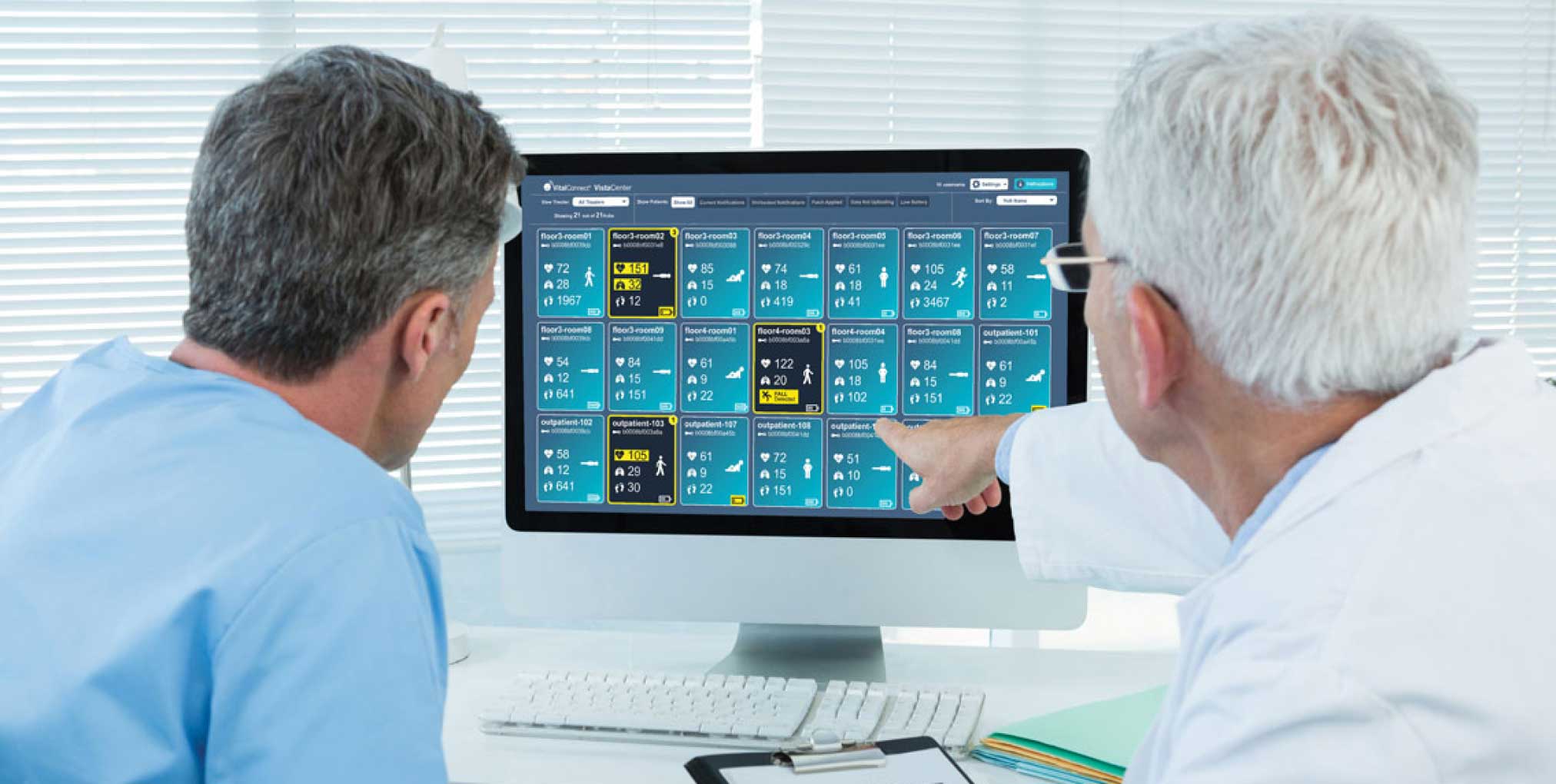

May 14, 2024
Natural Language Processing (NLP) is a cutting-edge technology that has gained significant traction recently, especially in the healthcare industry. As the amount of unstructured data continues to grow exponentially, there is an urgent need for efficient and accurate ways to analyze and extract insights from this vast pool of information. This is where NLP in healthcare comes in, changing how healthcare professionals handle and utilize data.
In this article, we will explore the applications of NLP in healthcare, improving patient outcomes and operations for healthcare organizations. From automating administrative tasks to assisting with clinical decision-making, NLP will bring a whole new level of efficiency and effectiveness to the healthcare landscape. So, let’s discover how NLP is reshaping the future of healthcare.

One of the primary applications of NLP in healthcare is clinical documentation and Electronic Health Records (EHR). Healthcare providers are overburdened with vast patient data, often recorded in unstructured formats such as free-text notes and medical transcripts.
NLP algorithms can efficiently go through this unstructured data, extracting relevant information, and converting it into structured formats for inclusion in EHR systems. By automating the documentation process, NLP in healthcare saves clinicians time and ensures patient records’ accuracy and completeness.
NLP in healthcare plays a pivotal role in disease diagnosis and risk prediction by analyzing textual data from various sources such as medical literature, clinical notes, and patient histories. Using machine learning algorithms, NLP models can identify patterns, associations, and correlations within textual data to assist clinicians in diagnosing diseases accurately and predicting the likelihood of future health events.
For example, by analyzing electronic health records and patient symptoms, NLP algorithms can help identify individuals at risk of developing chronic conditions such as diabetes or cardiovascular disease, enabling proactive intervention and personalized care plans.
Clinical Decision Support Systems (CDSS) powered by NLP in healthcare offer real-time assistance to healthcare providers by analyzing clinical data and providing evidence-based recommendations at the point of care. NLP algorithms can sift through vast repositories of medical literature, clinical guidelines, and patient records to deliver relevant information for the specific needs of individual patients.
Whether it’s suggesting appropriate treatment options, alerting clinicians to potential drug interactions, or providing diagnostic assistance, NLP enhances clinical decision-making and improves patient outcomes.
Pharmacovigilance, monitoring adverse drug reactions and side effects, is another critical area where NLP in healthcare demonstrates its utility. NLP algorithms can identify signals indicative of potential medication adverse events by analyzing textual data from sources such as electronic health records, social media, and drug safety databases.
This proactive approach to pharmacovigilance enables regulatory agencies and pharmaceutical companies to detect and investigate safety concerns, leading to the timely implementation of risk reduction strategies and ensuring patient safety.
Matching eligible patients with appropriate clinical trials is a complex and time-consuming process. NLP in healthcare improves this process by automatically extracting relevant patient information from electronic health records and clinical notes, and matching it with eligibility criteria specified by clinical trial protocols. By automating the identification and recruitment of suitable candidates, NLP accelerates the clinical trial enrollment process to ensure a more diverse and representative participant pool.
NLP algorithms can analyze patient feedback gathered from surveys, online reviews, and social media platforms to assess sentiment and identify trends in patient experiences. By understanding the sentiment behind patient comments, healthcare providers can gain valuable insights into areas of improvement, identify potential issues with care delivery, and take proactive measures to enhance patient satisfaction. Sentiment analysis powered by NLP enables healthcare organizations to customize their services to better meet patient needs.

NLP in healthcare facilitates patient engagement and health monitoring by analyzing patient-generated text, such as electronic messages, social media posts, and health-related forums. By analyzing language patterns and sentiment, NLP algorithms can assess patient attitudes, behaviors, and concerns, providing valuable insights into their health status and treatment adherence.
Furthermore, NLP-powered chatbots and virtual assistants offer personalized health recommendations, answer patient queries, and provide ongoing support, developing greater patient engagement and empowerment in self-care.
Medical literature contains a wealth of information vital for clinical decision-making and research. NLP algorithms can extract key information from medical texts, such as research articles, clinical guidelines, and drug labels, and transform it into structured data that healthcare professionals can easily analyze and utilize.
By automating the extraction of relevant facts, findings, and recommendations from medical literature, NLP in healthcare enables clinicians to stay ahead of the latest advancements, make evidence-based decisions, and contribute to advancements in medical knowledge and practice.
If you want to enhance your healthcare system by incorporating cutting-edge natural language processing (NLP) technology, Xeven Solutions is your perfect partner. As a leading AI development services company, we deeply understand the unique challenges faced in the healthcare industry. Our team will collaborate with you to design and implement NLP solutions that enhance patient engagement and improve workflow efficiency.
The applications of NLP in healthcare are vast and multifaceted, offering immense potential to change how healthcare is delivered and managed. From clinical documentation and disease diagnosis to pharmacovigilance and patient engagement, NLP algorithms are transforming every aspect of the healthcare ecosystem.
As the technology evolves and matures, its integration into clinical practice promises improved efficiency, enhanced patient outcomes, and a more personalized approach to healthcare delivery. By using the power of NLP, healthcare stakeholders can unlock new insights, enhance workflows, and deliver better care to patients worldwide.